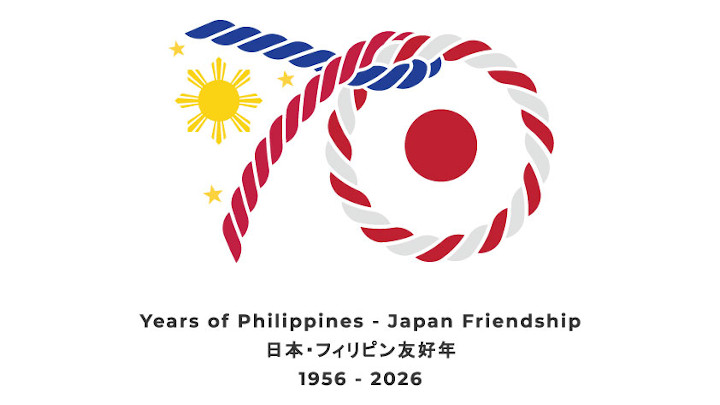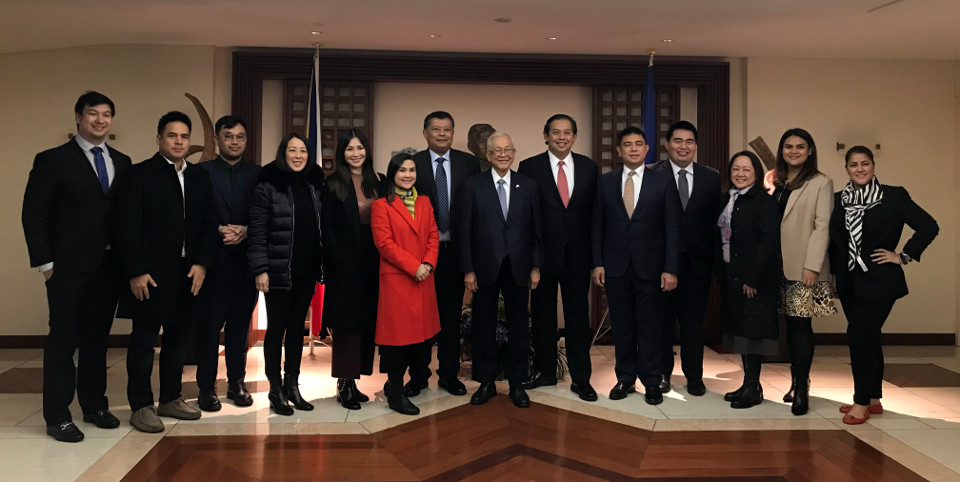Congressional Delegation Explores Ways To Strengthen PH Capacity on Disaster Risk Reduction
An 18-member House of Representatives delegation to Japan, led by Majority Floor Leader Ferdinand Martin Romualdez, conducted a visit last week to gain a better understanding of Japan’s experience on disaster prevention, preparation, response and rehabilitation as the Congress prepares to sharpen its budgetary and legislative initiatives, and considers the best model for disaster resilience through, for instance, the creation of the Department of Disaster Resilience as instructed by the President.
The delegation met with Ambassador Jose C. Laurel V who, hailing from Batangas himself, commended their efforts in improving their knowledge on disaster risk reduction and shared his experience in dealing with the aftermath of a Taal Volcano eruption when he was Batangas Governor.
The delegation also visited the National Research Institute for Earth Science and Disaster Resilience (NIED) in Tsukuba, Ibaraki Prefecture, which conducts research on science and technology for integrated disaster risk reduction from basic research to society implementation. The delegation was briefed on NIED research on volcanic activities and the partnership of the Philippine Institute of Volcanology and Seismology (PHIVOLCS).
Japanese volcanologists working with PHIVOLCS observed that Taal volcano is one of the most active and most complicated volcanoes in the world, and commented that PHIVOLCS has been doing a “very, very good job,” in its monitoring and research efforts.
Rep. Romualdez was heartened with the praises given by NIED for PHIVOLCS and was encouraged by the strong collaboration between PHIVOLCS and Japanese institutions. He said the briefing would benefit Congress on how it can best support disaster risk reduction in the Philippines.




























